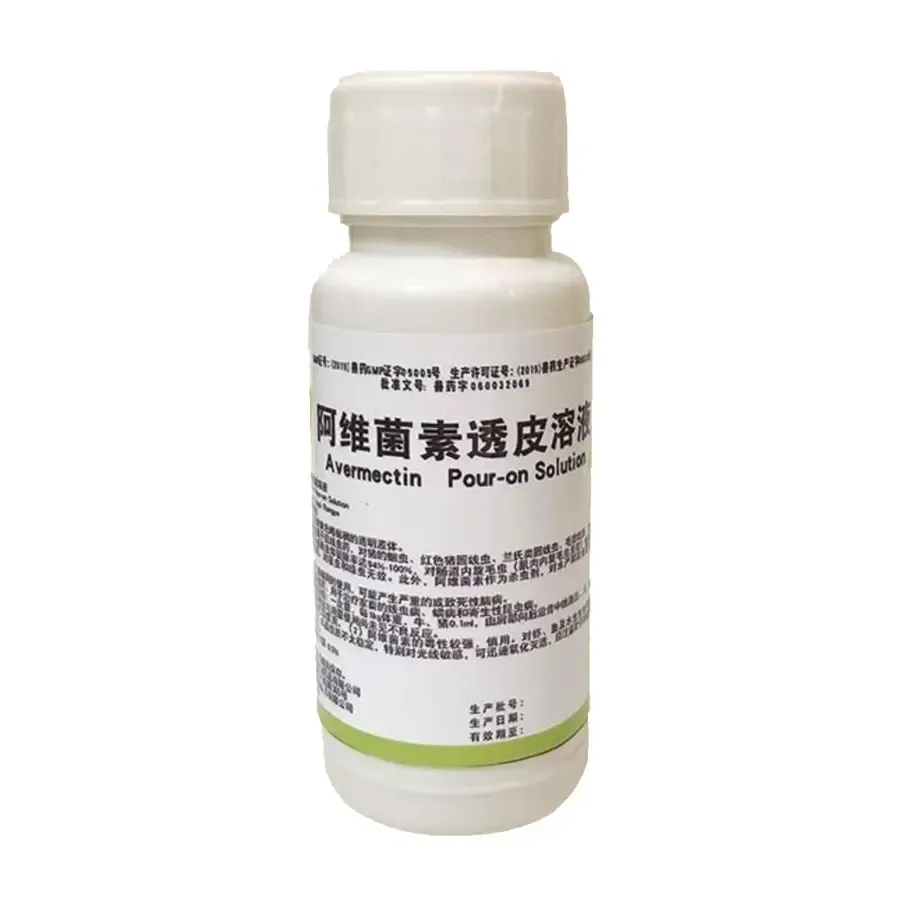- Afrikaans
- Albanian
- Amharic
- Arabic
- Armenian
- Azerbaijani
- Basque
- Belarusian
- Bengali
- Bosnian
- Bulgarian
- Catalan
- Cebuano
- Corsican
- Croatian
- Czech
- Danish
- Dutch
- English
- Esperanto
- Estonian
- Finnish
- French
- Frisian
- Galician
- Georgian
- German
- Greek
- Gujarati
- Haitian Creole
- hausa
- hawaiian
- Hebrew
- Hindi
- Miao
- Hungarian
- Icelandic
- igbo
- Indonesian
- irish
- Italian
- Japanese
- Javanese
- Kannada
- kazakh
- Khmer
- Rwandese
- Korean
- Kurdish
- Kyrgyz
- Lao
- Latin
- Latvian
- Lithuanian
- Luxembourgish
- Macedonian
- Malgashi
- Malay
- Malayalam
- Maltese
- Maori
- Marathi
- Mongolian
- Myanmar
- Nepali
- Norwegian
- Norwegian
- Occitan
- Pashto
- Persian
- Polish
- Portuguese
- Punjabi
- Romanian
- Russian
- Samoan
- Scottish Gaelic
- Serbian
- Sesotho
- Shona
- Sindhi
- Sinhala
- Slovak
- Slovenian
- Somali
- Spanish
- Sundanese
- Swahili
- Swedish
- Tagalog
- Tajik
- Tamil
- Tatar
- Telugu
- Thai
- Turkish
- Turkmen
- Ukrainian
- Urdu
- Uighur
- Uzbek
- Vietnamese
- Welsh
- Bantu
- Yiddish
- Yoruba
- Zulu
8 月 . 15, 2024 17:50 Back to list
Effective Deworming Solutions for Dogs Using Pills to Eliminate Harmful Intestinal Worms
Understanding Dog Worms and the Role of Pills in Treatment
As a responsible dog owner, ensuring the health and well-being of your furry friend is a priority. One common health issue that many dogs face is the presence of worms. These parasites can lead to serious health problems if left untreated, making it crucial for dog owners to understand the types of worms that can affect their pets, the symptoms to watch for, and how to effectively treat these infestations with medication.
Types of Worms Commonly Found in Dogs
There are several types of worms that can infect dogs, including roundworms, tapeworms, hookworms, and whipworms
.- Roundworms are among the most common parasites, particularly in puppies. Infected dogs can show symptoms such as a bloated stomach, vomiting, and weight loss. - Tapeworms, which are often acquired through fleas, can cause mild symptoms, but a telltale sign is the presence of rice-like segments in your dog’s feces. - Hookworms attach to the intestinal wall and can cause anemia in your dog, leading to symptoms like lethargy and pale gums. - Whipworms are less common but can still infect dogs, causing abdominal discomfort and diarrhea.
Worms can be a significant risk to your dog’s health, and even some human health risks can arise through zoonotic transmission. Regular deworming and check-ups can help mitigate these risks.
Signs Your Dog May Have Worms
Recognizing the symptoms of a worm infestation is essential for prompt treatment. Besides the physical symptoms mentioned earlier, you might notice changes in behavior, such as increased irritability or decreased appetite. If your dog frequently scoots its bottom on the ground, it may indicate the presence of tapeworms. More severe symptoms can include chronic vomiting, severe weight loss, and lethargy. If you observe any of these signs, consult your veterinarian for a fecal examination and appropriate treatment.
dog worms pills

The Importance of Deworming Pills
Once worms have been identified, the next step is treatment. Deworming pills are the most common form of treatment for dogs. These medications work by either killing the worms directly or causing them to detach from the intestinal wall so they can be expelled naturally through the dog's stool.
Most deworming pills are effective against specific types of worms, so it is critical to identify the worm type your dog has before administering any medication. Your veterinarian can prescribe the appropriate dewormer, which could be a single dose or a series of treatments, depending on the severity of the infection and the type of worm involved.
Many deworming treatments are safe and well-tolerated by dogs, but it's essential to follow the dosage and administration guidelines provided by your veterinarian. Regular deworming is also essential in preventing future infestations. Puppies, in particular, should be dewormed at a young age, usually around two weeks of age, and continuing every few weeks until they reach a certain age, as recommended by your vet.
Prevention is Key
While treatment with pills is crucial for controlling worm infestations, prevention is even more critical. Keeping your dog's environment clean, practicing good hygiene, and using flea control measures can significantly reduce the risk of worms. Additionally, regular veterinary check-ups can help catch and treat any parasitic infections early.
In conclusion, being proactive about your dog’s health is vital. Understanding the types of worms, recognizing their symptoms, and utilizing effective deworming pills will help ensure that your canine companion stays healthy and happy. Regular check-ups and preventive measures can make a world of difference in the long-term care of your pet.
-
The Power of Radix Isatidis Extract for Your Health and Wellness
NewsOct.29,2024
-
Neomycin Sulfate Soluble Powder: A Versatile Solution for Pet Health
NewsOct.29,2024
-
Lincomycin Hydrochloride Soluble Powder – The Essential Solution
NewsOct.29,2024
-
Garamycin Gentamicin Sulfate for Effective Infection Control
NewsOct.29,2024
-
Doxycycline Hyclate Soluble Powder: Your Antibiotic Needs
NewsOct.29,2024
-
Tilmicosin Premix: The Ultimate Solution for Poultry Health
NewsOct.29,2024













